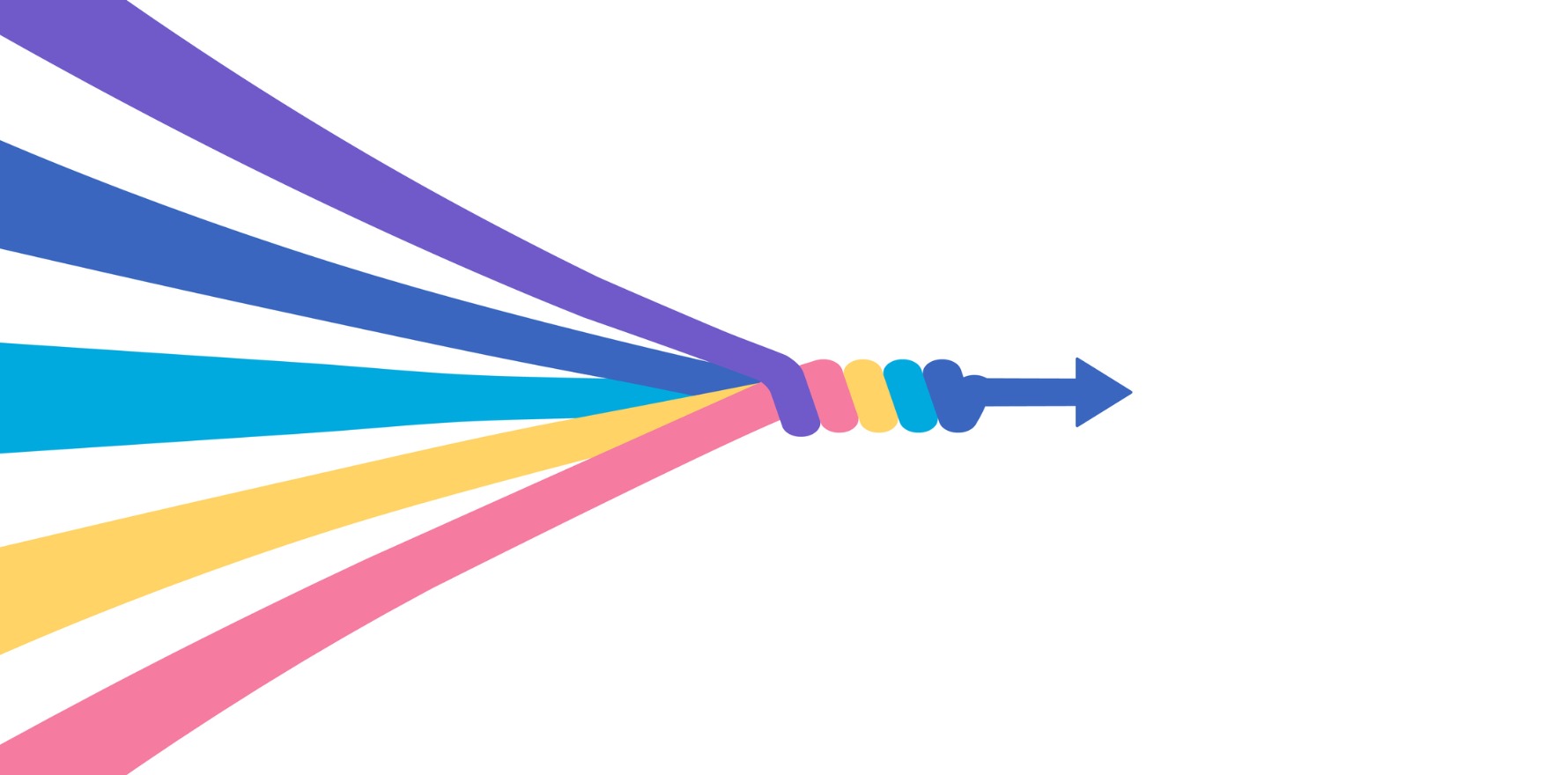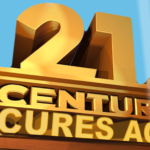The Council for Connected Care has been launched to accelerate healthcare data sharing.
A consortium of 25 health leaders has been assembled by Canberra with the imperative to finally make healthcare data sharing a reality.
The new Council for Connected Care was established by the Australian Digital Health Agency and has been tasked with accelerating interoperability.
Peter O’Halloran, chief digital officer of the ADHA, said he was excited about the creation of the Council, which would have a strategic voice and help accelerate implementation of the national interoperability plan.
“We’ve got all those people, some of the best and brightest in healthcare – academics, clinicians, consumers, policy and technical people – all in one room together to ensure that what we’re doing will meet the needs of healthcare consumers and clinicians,” he said.
The Council is chaired by Mr Rob Heferen, chief executive of the Australian Institute of Health, and is supported by a dedicated secretariat. Members represent key players in the healthcare sector including First Nations healthcare, consumers, digital health and peak bodies.
There is one representative from the medical software industry and currently no members who own or run digital health platforms.
However, Mr O’Halloran said a range of members had significant commercial expertise, including those providing services in the health and aged care sectors. He added that the Council was a strategic representation of the healthcare sector and that a series of task-specific working groups would be established at an operational level.
Mr O’Halloran told TMR that the Council was a missing piece of the puzzle of establishing interoperability in Australia.
“Now we’ve got the coalition of the willing who want to actually help us progress [interoperability] and progress it quickly. We have the national interoperability plan, there are 44 actions. The Council gives us the ability to get traction quickly, move forward quickly,” he said.
Advice from the Council will funnel back up to the Department of Health and Aged Care, informing policy around the rollout of interoperability standards in the marketplace and any required changes in healthcare service delivery and legislation.
Mr O’Halloran said that the Council will work with the ADHA to confirm “that we have the right approach and priorities” and then to actually assess if the needs of clinicians and patients are being met.
The Council’s workplan aligns and supports government initiatives including recommendations from the Strengthening Medicare Taskforce Report and Modernising Australia’s ID system. Mr O’Halloran said it seeks to put Australians at the centre of the healthcare system by improving data sharing and consumers’ access and control of their own information.
The 25 Council members, drawn from across the healthcare continuum were identified as critical to advancing interoperability in Australia. Mr O’Halloran said the mix was important to avoid the Council being too large and unworkable but also to ensure all the key voices were represented.
“We anticipate significant industry involvement in these working groups. The membership of these working groups will be enable many other entities and subject matter experts to be actively engaged in the deliberations and recommendations to the Council for Connected Care,” said Mr O’Halloran.
There are only two jurisdictions currently represented in the Council but Mr O’Halloran said they were briefing all states and territories on Council decisions to ensure alignment between them. He also said regular updates would be published on the ADHA website so that everyone else “who’s not in the room” could see what was happening.
“To provide transparency to the sector, we’ll post regular progress reports about how are we going against the 44 actions [of the national interoperability plan] and what went on in meetings,” he said.
The Council has been designed as a “sounding board” for the DoHAC about the regulatory and legal frameworks required by interoperability.
“We can seek the advice of the sector, and [that advice will] inform policy and regulation deliberations by the Minister and DoHAC,” Mr O’Halloran said.
The first meeting of the Council, on 7 June, saw the DoHAC, with the ADHA, confer the formal thumbs-up to accelerate health data sharing, as backed by the Minister Mark Butler, and the recent budget allocations to digital health.
Mr O’Halloran said the meeting agenda included an introduction to digital health standards and the pivotal role standards play in achieving interoperability.
“Members were engaged and shared their individual or organisational view of how connected care would benefit Australians,” he said.
Mr O’Halloran said that Council members contributed to an outcome statement that highlighted the importance of consumer health data sharing to “a contemporary, fit-for-purpose Australian health system”. The statement is set to be published soon on the ADHA website, along with the terms of reference and membership list.
The Council will next meet on 10 August.





